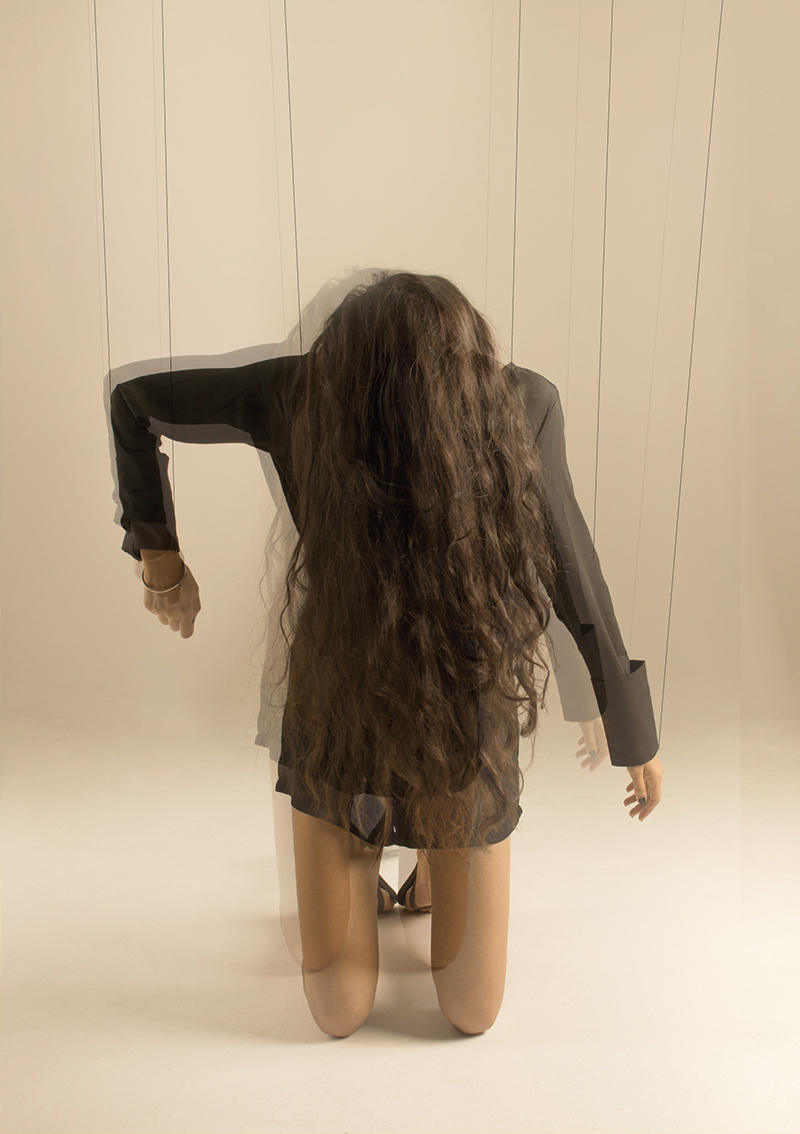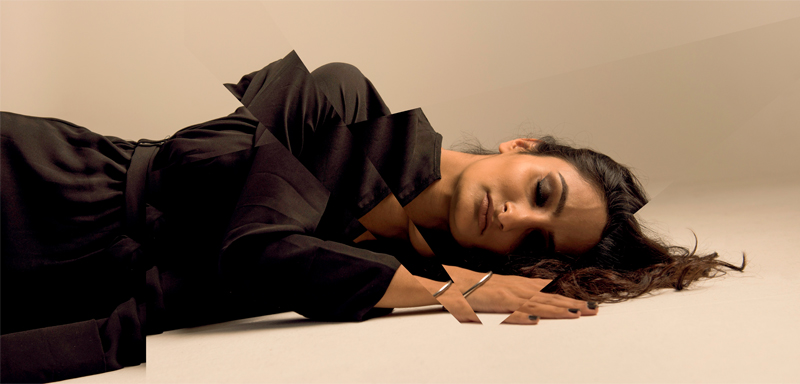Game of Li(f)e
By Meherjot Singh
Conceived in the womb of the mother, the embryo is slowly developing over a nine-month period, waiting to finally take her first breath on Earth. Crying and screaming, her eyes see the world, a foreign and unfamiliar site, nothing quite like her mother’s womb.
The child develops and passes the various stages of what life has to bring. Her childhood is full of cheeky, mischievous behaviour, as she is beginning to learn and uncover the secrets of this fascinating game of life. As she moves throughout the various stages of life, her remaining breaths continue to be limited, as they inevitably degrade away.
Life can be compared to an hour-glass that is inevitably running out, the same way we are limited with the amount of time we have on Earth. We are blinded by how slowly and silently it is slipping away before our eyes, so we must use it to accomplish as much as we can in that precious, restricted amount of time. Have you ever thought of life as a game? As a staged role play where we, as individuals, take the role of the puppets. When the performance is finally over, we gracefully exit the stage, ready for our next act. Life is a temporary performance, where we present an act, and finally depart the stage once we are no longer in need.
As the girl grows older and becomes a woman — each birthday being a celebration of her ‘long’ life — she begins to develop a sense of independence, where she can control and make the decisions of her life self-sufficiently. She is captivated, yet curious about this wonderful but degrading game of life. She questions her life, and her reason for existence. She is in awe, and wonders why she was brought to this Earth—what purpose does this serve? As lost souls, we question our need to exist, and as a result, we commit slanderous wrongdoings throughout our lives. Suicide rates have risen, as we ask death to collect us rather impatiently. We have no knowledge of what is waiting on the other side, but we seem to conclude that the world is not meant for us. We use alcohol and drugs as a way of coping, dealing and essentially escaping the stresses of life. These temptations act as a temporary, short-lived escape from unpleasant emotions and allow us to forget about the negative and demeaning moments we face through life
The woman reaches legal age, and tests the addictive pull of escapism. Blinded by the pleasure, she is yet to discover the significant consequences that will begin to unfold. After continuous intoxication and feelings of temporary euphoria, her alcoholism reaches the stage where there are physical, social and economic consequences to her wellbeing. As her dependence continues to develop and despite the consequences, the woman continues to drink in order to block out the feelings of overwhelming guilt, remorse, anxiety and shame.
Her health and wellbeing are at a critical state, and she finds herself lying on her death bed, ready to leave her host body. She contemplates her life as a whole, and her unstable mind is running as she reflects upon all that she will miss of her life: her belongings, her relationships, her money and all other attachments she had formed from the moment she first opened her eyes to the world. She feels remorse as she unwillingly regrets the lack of achievements and accomplishments she has attained. She reaps all that she had sown, and will face these accounts in the everlasting court upon death.

“When the performance is finally over, we gracefully exit the stage, ready for our next act.”

“Blinded by the pleasure, she is yet to discover the significant consequences that will begin to unfold.”

